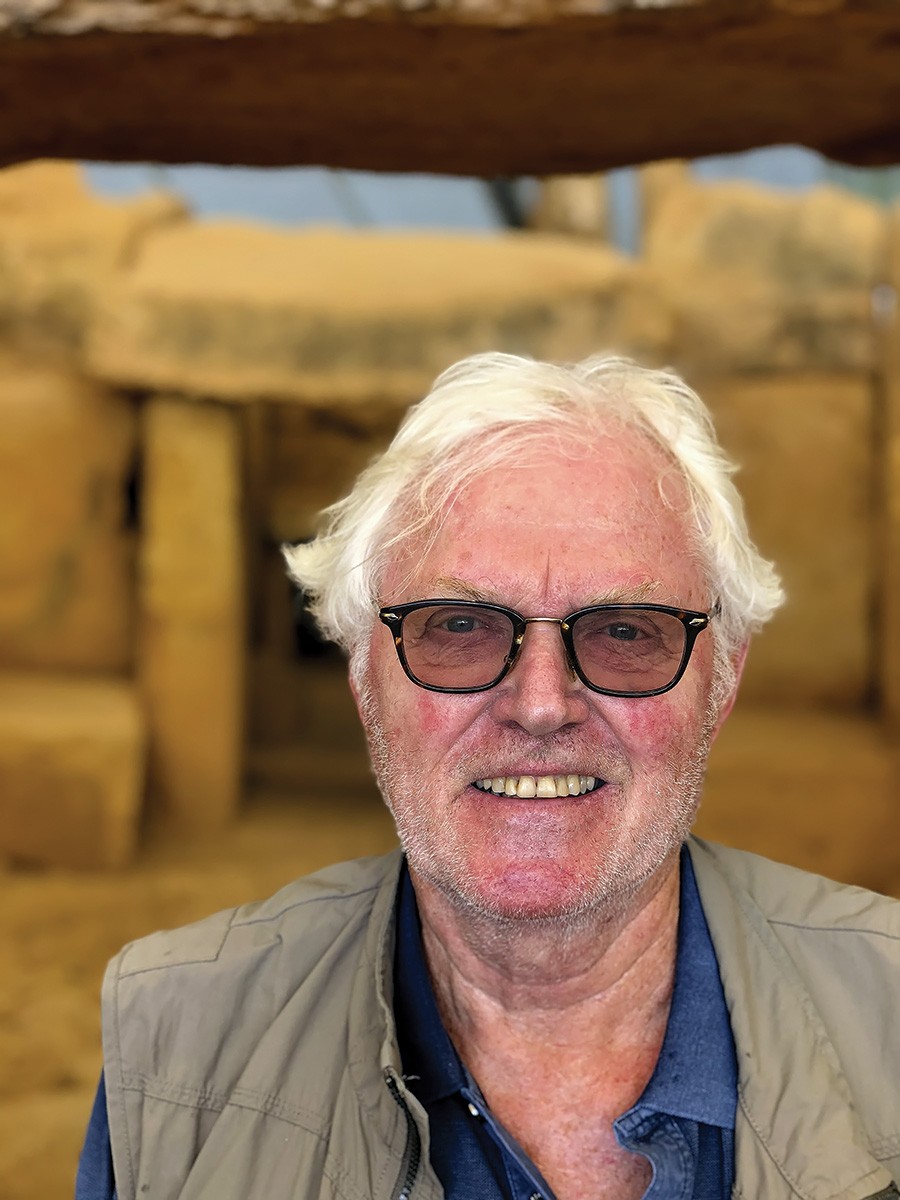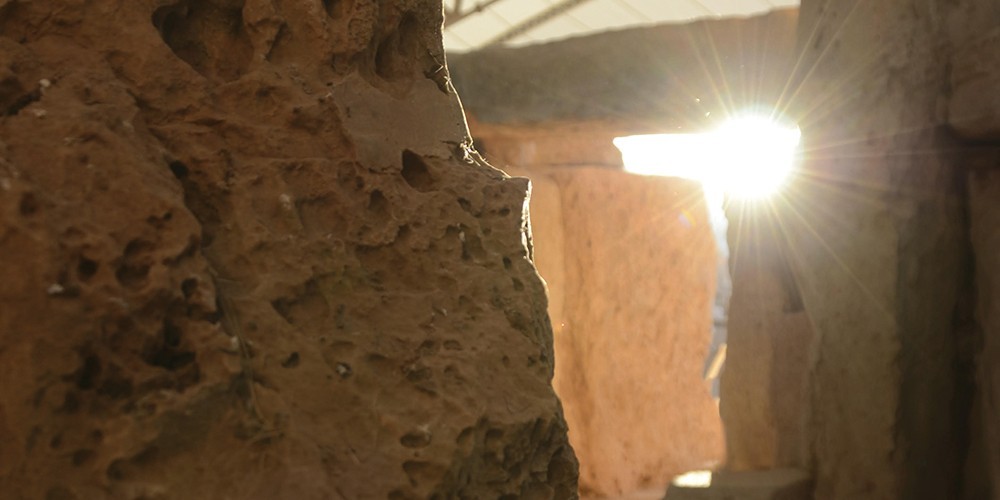In 1994, Czech poet-president Vaclav Havel wrote an article discussing the role of science in helping people understand the world around them. He also noted that in this advance of knowledge, however, something was left behind. ‘We may know immeasurably more about the universe than our ancestors did, and yet it increasingly seems they knew something more essential about it than we do, something that escapes us.’ Almost all traditional cultures looked to the sky for guidance. Cosmology is what gave our ancestors their fundamental sense of where they came from, who they were, and what their role in life was. While arguably incorrect, these ideas created codes of behaviour and bestowed a sense of identity. The cosmology of European prehistoric societies has been studied independently by archaeologists and archaeoastronomers (an interdisciplinary field between archaeology and astronomy). Despite their shared goal of shedding light on our past lives, thoughts, and ideas, the two fields have often failed to merge, mainly due to different approaches. A clear local case is the question of the Maltese megalithic temples.

The Mnajdra South Temple on Malta predates both Stonehenge and the Egyptian pyramids. It is the oldest known site in the world that qualifies as a Neolithic device constructed to cover the path of the rising of the sun throughout a whole year. What is unfortunate is that, so far, archaeologists and archaeoastronomers have studied the site largely in isolation.
Whether the temples were built to visualise the effects of the rising sun as seen today is an open question. But with such specific and repetitive patterning, one cannot deny that the sky was an important element in the builders’ understanding of the world—their cosmology.
With some exceptions, archaeologists have largely ignored, excluded, or underrated the importance of the sky in the cultural interpretation of the material record. When studying ancient communities, chronological dating and economic concerns are often given precedence over the immaterial.
But the fault does not lie solely with disinterested archaeologists. Archaeoastronomy has often been too concerned with collecting astronomical and orientation data, neglecting the wider archaeological record, and ignoring the human element in cosmology.
We need to find a common ground. Both sides need to open themselves up to different professional perspectives and convictions and embrace alternative interpretations and possibilities. Bridging the gap between archaeology and archaeoastronomy will allow us to paint a detailed picture of past societies. And maybe it will shed light on that lost knowledge about the universe and our place in it.





Comments are closed for this article!